When we think of the Most Valuable Players (MVPs) in sports, names like Michael Jordan, Tom Brady, and Lionel Messi might immediately come to mind. These athletes have not only dominated their respective sports but have also been the predictable favorites when it comes to MVP awards.
However, sports history is also filled with unexpected heroes whose journeys to becoming MVPs were as surprising as they were inspiring. These athletes, often overlooked or underestimated, spectacularly rose to the occasion, turning their careers—and sometimes their teams’ fortunes—around in the process.
This discussion delves into the top 10 most unexpected MVPs in sports history, exploring how these athletes surpassed expectations and defied the odds. From basketball and baseball to lesser-publicized sports arenas, these stories not only celebrate athletic excellence but also highlight the unpredictability and sheer excitement of sports. Each case offers a unique glimpse into what it takes to rise to the top, often when least expected.
Here are the Top 10 Most Unexpected MVPs in Sports History
1. Kurt Warner, NFL (1999)
The tale of Kurt Warner reads like a script straight out of Hollywood. Before 1999, Warner was far from a household name, with a backstory that included a college career at the University of Northern Iowa where he didn’t start until his senior year. After going undrafted in the NFL, Warner stocked grocery shelves and bounced around minor football leagues, including stints in the Arena Football League and NFL Europe. His perseverance and unyielding determination eventually landed him a backup spot with the St. Louis Rams in the NFL.
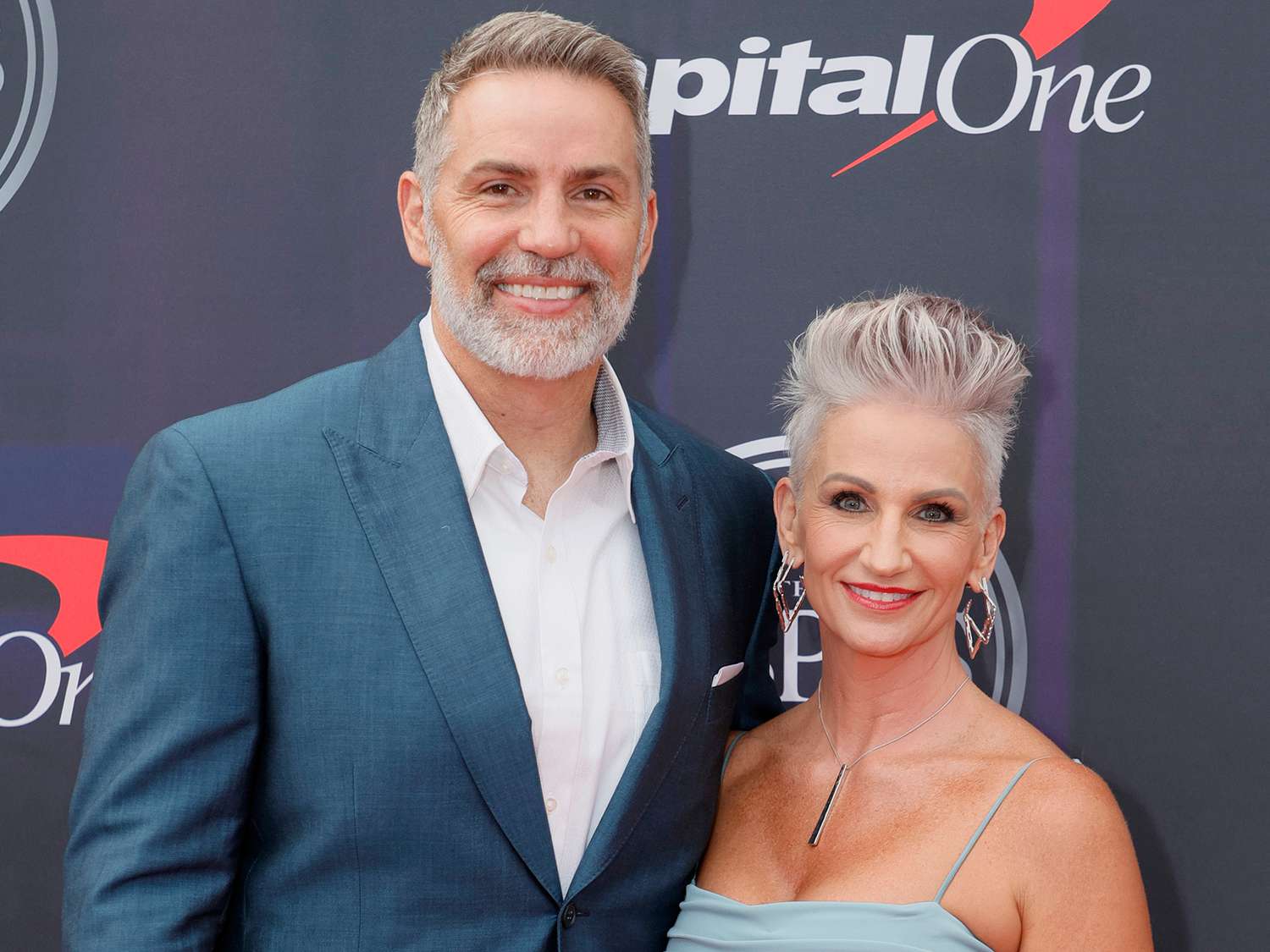
The 1999 NFL season began in dramatic fashion when Trent Green, the Rams’ starting quarterback, suffered a devastating preseason injury. Warner was thrust into the starting role, a position few believed he was prepared for. However, what unfolded over the course of the season is now a legendary chapter in NFL lore. Warner’s performance was nothing short of spectacular, leading the Rams with his incredible vision, accuracy, and poise, and playing a key role in transforming the team into what would be famously known as “The Greatest Show on Turf.”
Warner threw for 4,353 yards and achieved 41 touchdowns, guiding the Rams to an impressive 13-3 record and a berth in Super Bowl XXXIV. In the Super Bowl, he threw for a record 414 passing yards in a game that culminated in a dramatic victory over the Tennessee Titans. Warner’s remarkable season earned him the NFL MVP award, making him the first undrafted player to ever win the accolade and marking one of the most unforeseen ascendancies in sports history.
The importance of Warner’s MVP season extends beyond his on-field performance. It’s a story that resonates with anyone who has faced setbacks and challenges. Warner’s journey from a grocery store to NFL MVP is a profound reminder of the unpredictability of sports and the potential for extraordinary achievements in the face of adversity. His career continued to flourish, with additional accolades and another MVP award in 2001, forever cementing his legacy as one of the most remarkable figures in NFL history.
2. Dirk Nowitzki, NBA (2007)
Dirk Nowitzki’s ascent to 2007 NBA MVP was a confluence of talent, hard work, and a changing NBA landscape that began to embrace international players. Prior to Nowitzki, the NBA MVP trophy was predominantly the domain of American-born players from the most dominant teams. Nowitzki, who entered the NBA from Würzburg, Germany, brought a new style of play to the Dallas Mavericks that was initially met with skepticism but would soon revolutionize the perception of European players in the league.
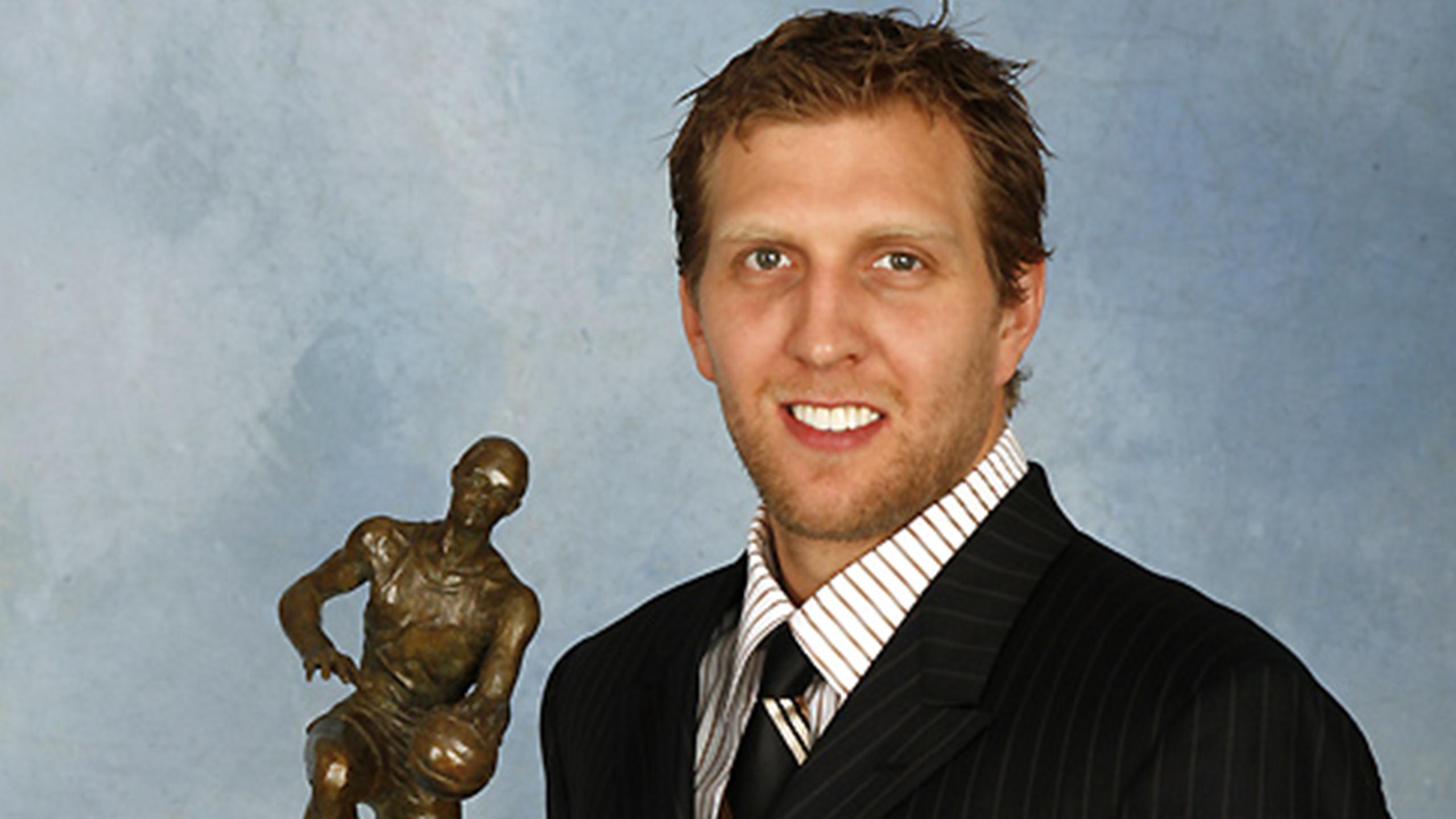
In the 2006-2007 season, Nowitzki led the Mavericks to an NBA-best 67-15 record. His unique skill set, characterized by exceptional shooting ability for a seven-footer, allowed him to dominate from both inside the paint and the perimeter. His versatility made it difficult for opponents to defend against him, as he could effectively score from anywhere on the court. Throughout the season, Nowitzki averaged 24.6 points, 8.9 rebounds, and shot 50.2% from the field, including 41.6% from three-point range.
Nowitzki’s MVP season not only shattered the stereotypical mold of what an MVP should look like but also highlighted the global impact on the NBA. He became the first European player to win the MVP award, paving the way for future international stars. His honor signified a shift in how basketball talent was evaluated globally, proving that elite players could come from any part of the world.
The 2007 MVP award for Nowitzki was unexpected because it broke many unspoken rules about the prerequisites for an MVP. He was not the most athletic, nor did he have the typical background or play style of previous MVPs. However, his consistent performance, basketball IQ, and ability to lead his team to victory solidified his place in NBA history. Nowitzki’s MVP season is a testament to his enduring legacy and a symbol of the evolution of the game of basketball.
3. Ichiro Suzuki, MLB (2001)
The arrival of Ichiro Suzuki in Major League Baseball (MLB) marked a turning point in how players from the Japanese leagues were perceived in North America. When Ichiro joined the Seattle Mariners in 2001, he brought with him not only his legendary status from Japan’s Nippon Professional Baseball (NPB) but also a cloud of skepticism from those doubting his ability to transition to MLB. His compact swing and unmatched speed were about to change minds and records.
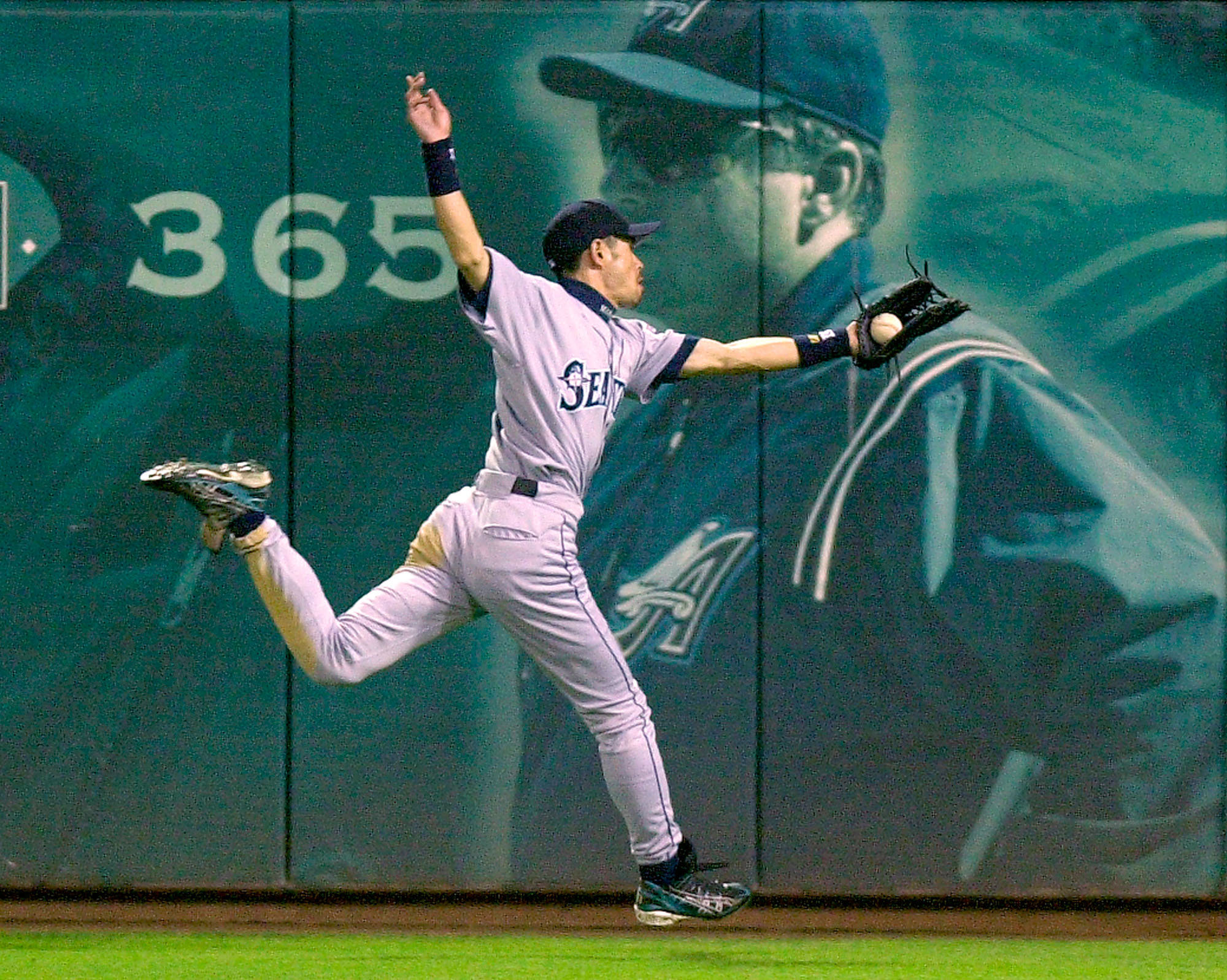
Ichiro’s inaugural MLB season was historic. He led the league with 242 hits, a record for a rookie and the most by any player since 1930. His batting average of .350, along with 56 stolen bases, helped him secure not only the American League Rookie of the Year but also the MVP award, making him the first player ever to win both in the same season. This feat was particularly surprising because transition players typically face significant adjustment periods—Ichiro, however, dominated from the start.
His impact on the Mariners was immediate and profound. The team finished the regular season with 116 wins, tying the MLB record for most wins in a season. Ichiro’s presence at the top of the lineup and his defensive prowess in right field (he also won a Gold Glove Award that year) were instrumental to the Mariners’ success. His style—marked by incredible discipline at the plate and speed on the bases—added a dynamic component to the team’s strategy.
Ichiro’s MVP season challenged the conventional wisdom that power hitters or pitchers most commonly win MVP awards. His approach, characterized by making contact and using speed, highlighted an alternative but equally valuable way to influence the game’s outcome. Ichiro not only became a trailblazer for successful transition from NPB to MLB but also inspired a generation of players who saw a different path to success in baseball.
4. Wes Unseld, NBA (1969)
Wes Unseld’s MVP award in 1969 is one of the most unique stories in NBA history, primarily because it was his rookie season. Unseld, selected second overall by the Baltimore Bullets, wasted no time making an indelible mark on the team and the league. Standing only 6-foot-7, relatively short for a center, Unseld utilized his incredible strength and basketball IQ to dominate more physically imposing opponents.
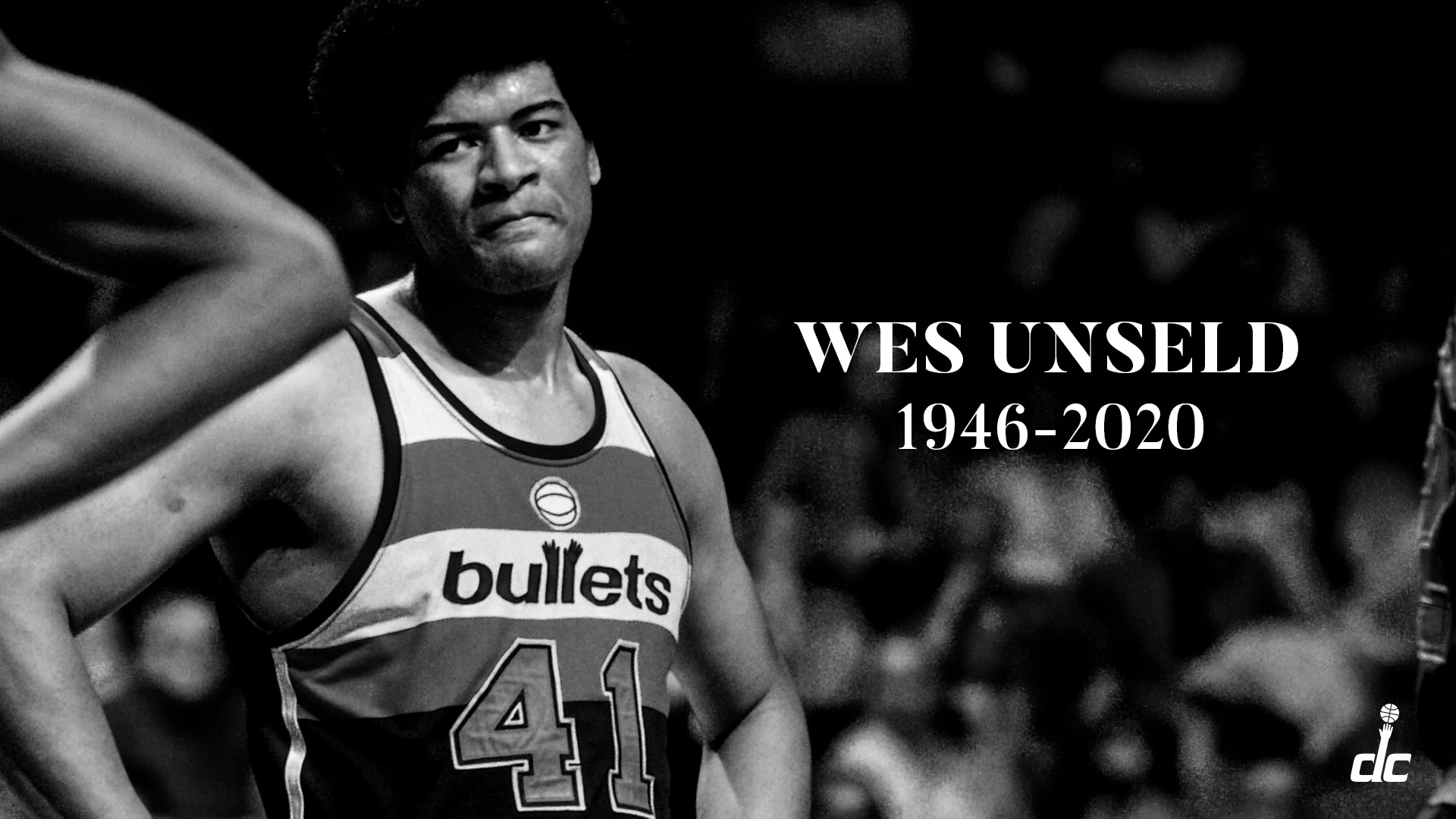
During his rookie year, Unseld averaged a double-double with 13.8 points and 18.2 rebounds per game, showcasing his prowess on both ends of the court. His ability to rebound and immediately initiate the offense with accurate outlet passes transformed the Bullets into a championship contender almost overnight. They improved their win total by 21 games from the previous season, a testament to Unseld’s immediate impact.
Unseld’s MVP win was particularly surprising given the rarity of rookies receiving such honors—only two have ever won the award in their debut seasons. His ability to change the dynamics of the game, particularly through his rebounding and defense, set him apart. Unseld’s career continued to flourish, including leading the Bullets to an NBA Championship in 1978 and a Finals MVP to go along with his regular season MVP, cementing his legacy as one of the game’s greats.
5. Joe Thornton, NHL (2006)
Joe Thornton’s 2005-2006 NHL season is a prime example of how a change of scenery can revitalize a player’s career. Traded from the Boston Bruins to the San Jose Sharks early in the season, Thornton was already a highly regarded player, but what he accomplished after the trade was nothing short of remarkable.
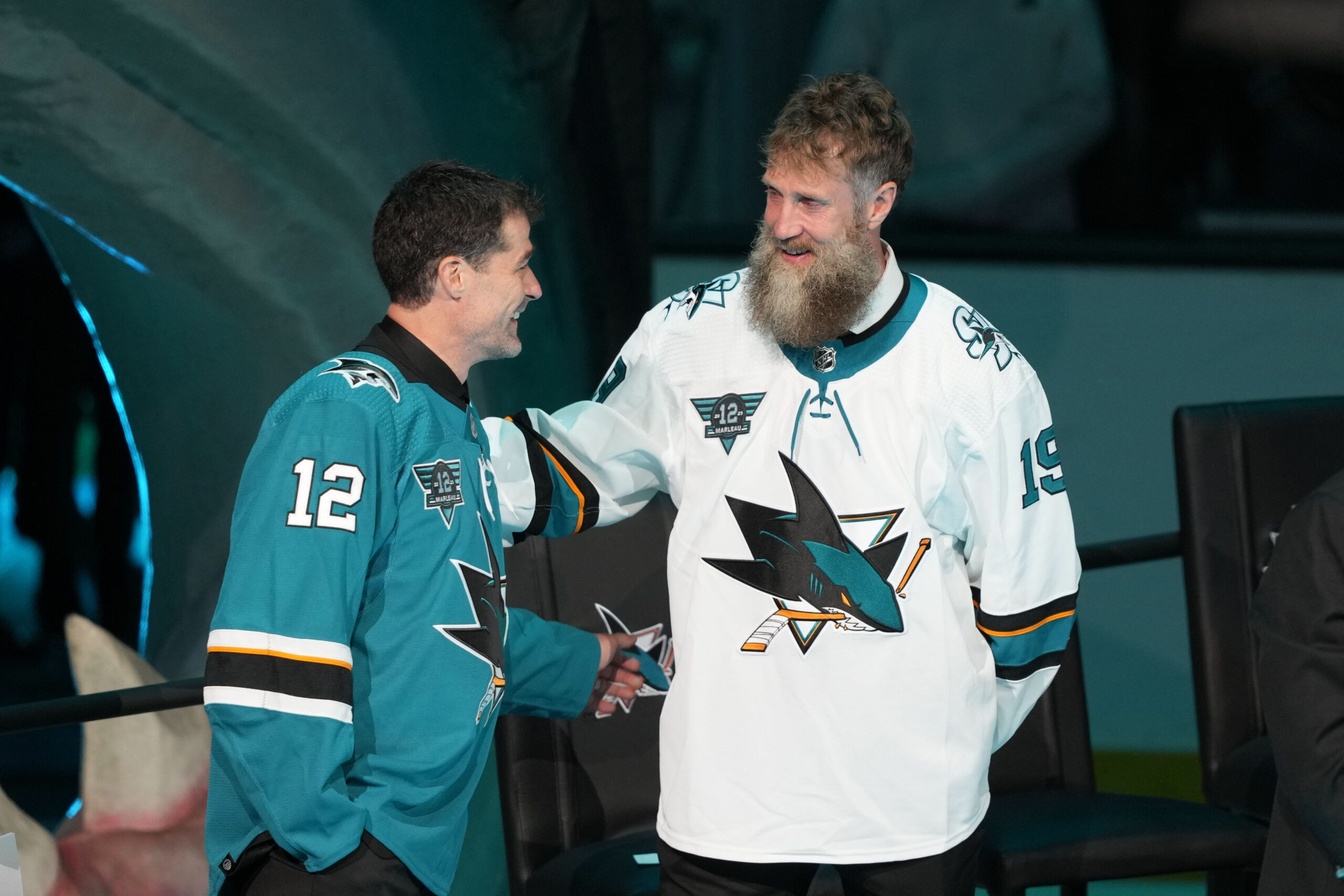
Upon joining the Sharks, Thornton elevated his game to an MVP level. He finished the season leading the league with 96 assists and 125 points, remarkable numbers that won him the Art Ross Trophy as the league’s top scorer and the Hart Memorial Trophy as MVP. His performance post-trade was so transformative that it not only rejuvenated his own career but also significantly boosted the performance of his teammates, including Jonathan Cheechoo, who led the league in goals that year largely due to Thornton’s playmaking.
Thornton’s MVP season was unexpected because it was mid-season trade-driven and showcased his ability to adapt and excel rapidly in a new environment. His playmaking, vision, and leadership on the ice were instrumental in turning the Sharks into a formidable force in the NHL, demonstrating how a single player’s influence can extend beyond just scoring goals. His MVP award highlighted his all-around contributions to the game, his team, and the league.
6. Derrick Rose, NBA (2011)
Derrick Rose’s ascension to the NBA MVP in 2011 stands as one of the most inspiring tales in basketball, primarily because of his age and the rapid improvement he demonstrated at an early stage of his career. At just 22 years old, Rose became the youngest player ever to win the MVP award, leading the Chicago Bulls to the best record in the NBA that season.
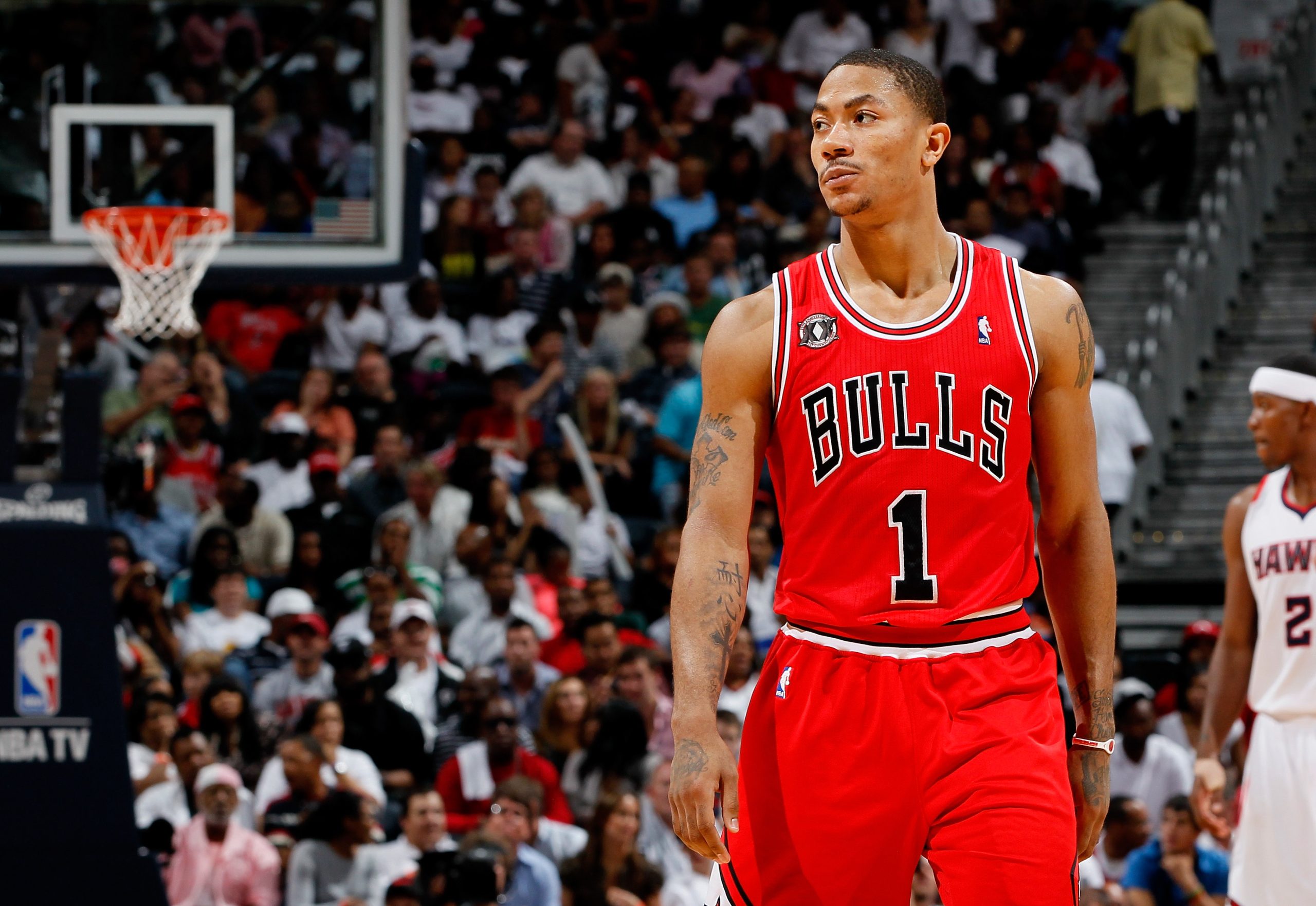
Drafted first overall by the Bulls in 2008, Rose quickly established himself as a force in the league, but his third season was truly a breakout year. He averaged 25.0 points, 7.7 assists, and 4.1 rebounds per game, displaying a mix of athleticism, speed, and a dramatically improved shooting range. His ability to finish at the rim and his clutch performances in tight games captivated fans and analysts alike, marking him as a player capable of carrying a franchise.
The most unexpected aspect of Rose’s MVP win was his overtaking more established stars like LeBron James and Kobe Bryant in the MVP race. His explosive style and leadership on the court helped the Bulls secure a 62-20 record, proving his value not only through statistics but also by impacting winning directly. Rose’s MVP season is remembered for its sheer electricity and his dynamic ability to change the course of games, setting a high bar for young players in the league.
7. Jimmy Rollins, MLB (2007)
Jimmy Rollins’ MVP victory in 2007 was unexpected due to the rarity of shortstops capturing this accolade and the overall versatility required to stand out at this position. Playing for the Philadelphia Phillies, Rollins declared before the season began that they were the team to beat in the NL East—a bold statement that he backed up with his performance throughout the year.
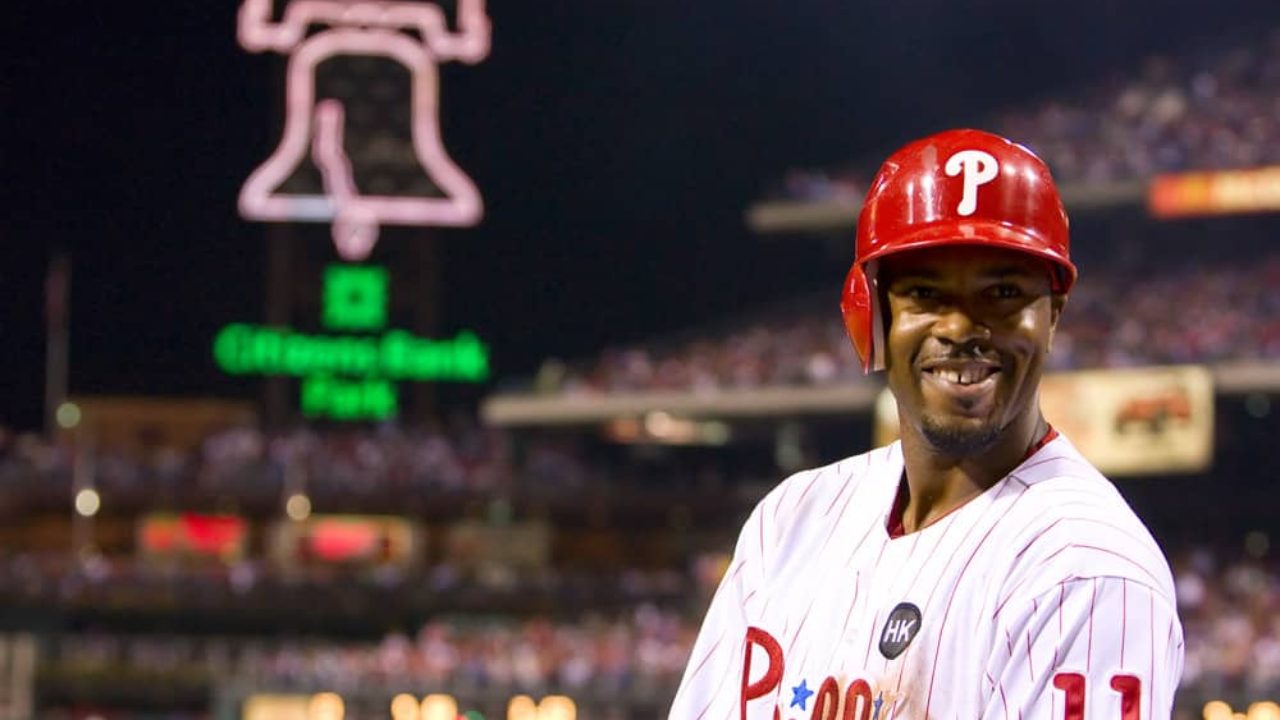
Rollins showcased a remarkable combination of power, speed, and defense over the course of the season. He achieved a rare feat for a shortstop: 20 home runs, 20 triples, 20 doubles, and 20 stolen bases, making him one of only four players in history to join the 20-20-20-20 club. His all-around contributions included a .296 batting average, 30 home runs, and 94 RBIs, alongside stellar defense and leadership on the field.
What made Rollins’ MVP season particularly surprising was his ability to elevate his game in all aspects, not just offensively but also as a leader and a defender. His energetic play and clutch performances in critical games down the stretch led the Phillies to their first postseason appearance in 14 years, underscoring the impact of his MVP-worthy season.
8. Steve Nash, NBA (2005)
Steve Nash winning the NBA MVP in 2005 was a watershed moment that highlighted the evolution of the point guard role in basketball. Nash, a relatively unheralded player when compared to the more physically imposing and scoring-centric players of his era, led the Phoenix Suns to the best record in the league with his exceptional playmaking and shooting abilities.
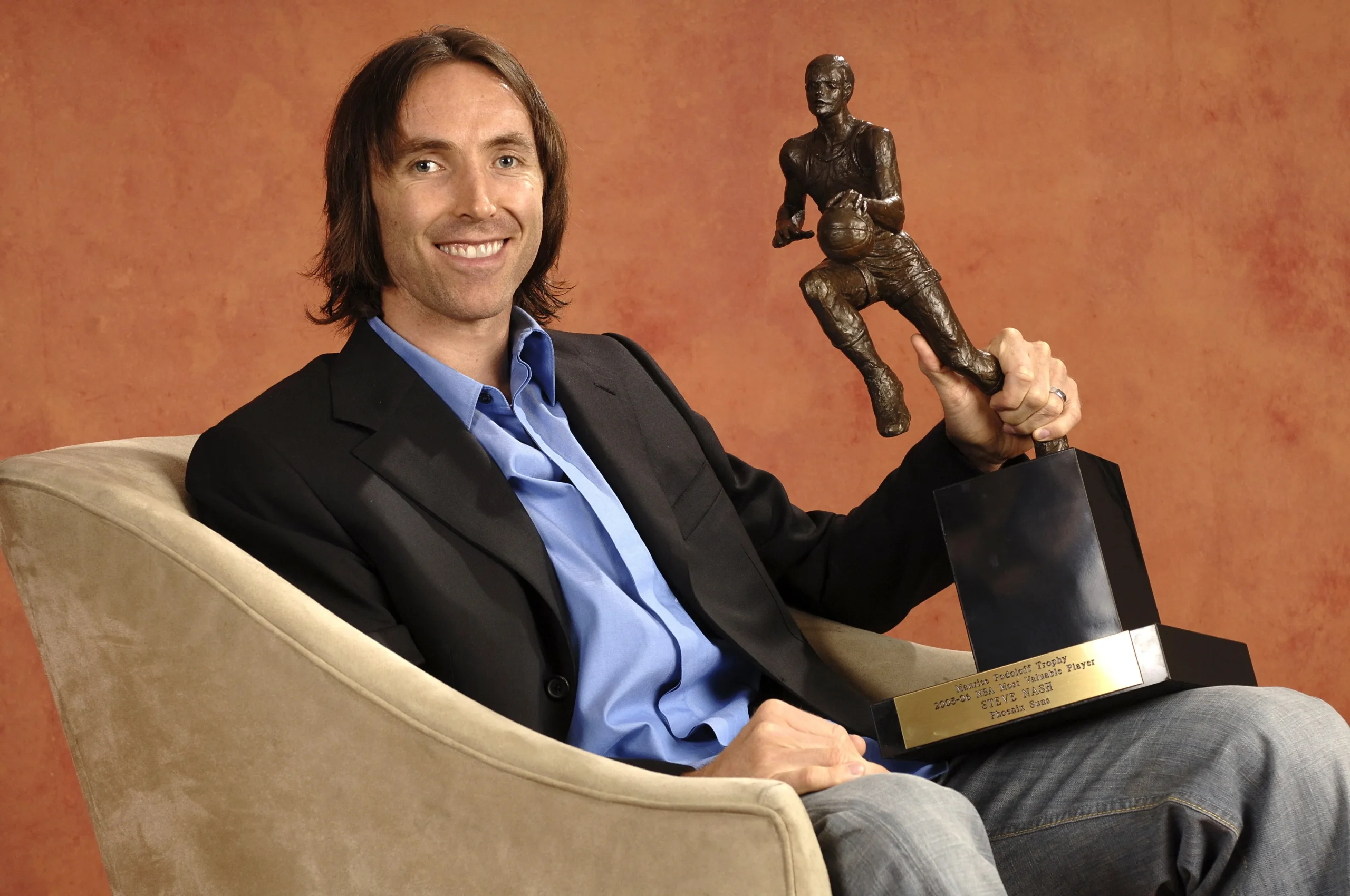
Nash’s style of play, characterized by quick passes, high basketball IQ, and efficient shooting, revolutionized the NBA during a time dominated by isolation plays. He averaged 15.5 points and 11.5 assists per game, leading the league in assists. His ability to elevate the play of his teammates, creating easy scoring opportunities and orchestrating one of the most potent offenses in NBA history, was instrumental in his MVP win.
The unexpectedness of Nash’s MVP win lay in his overcoming the conventional athletic profiles typically associated with MVPs. His back-to-back MVP awards in 2005 and 2006 emphasized the importance of cerebral play and teamwork, fundamentally shifting perceptions of a point guard’s value to a team.
9. Cam Newton, NFL (2015)
Cam Newton’s 2015 NFL MVP season was unexpected not because of a lack of talent—his prowess was well-documented since his college days—but because of the sheer dominance and versatility he displayed. Leading the Carolina Panthers to a 15-1 record, Newton combined passing and rushing abilities in a way that few quarterbacks have ever done.
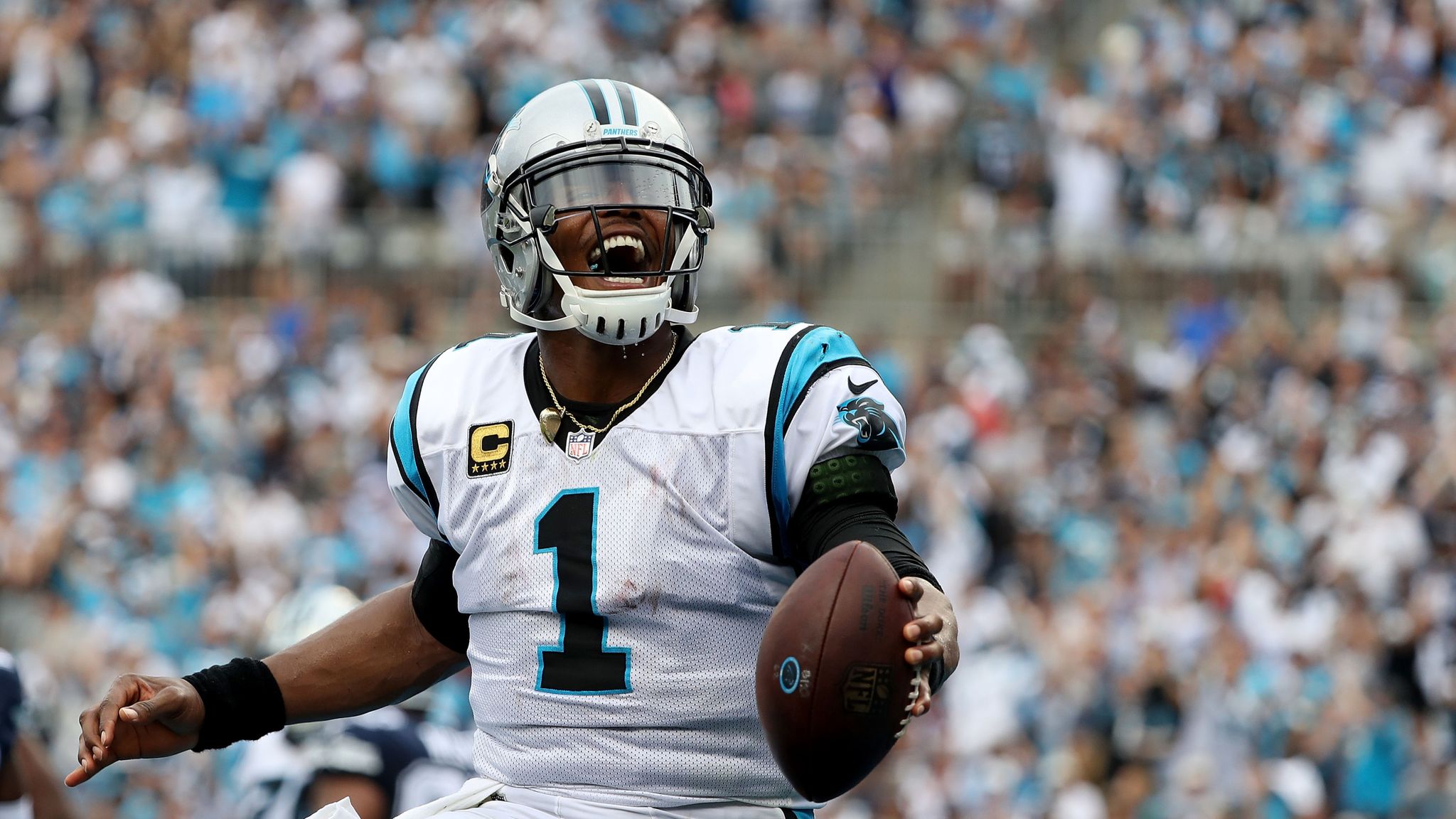
Newton threw for 3,837 yards and 35 touchdowns while also rushing for 636 yards and 10 touchdowns, showcasing a dual-threat capability that left defenses struggling to adapt. His physical style of play and charismatic leadership were critical in several close games throughout the season, directly contributing to the Panthers’ success.
Newton’s MVP season stood out because it challenged the traditional pocket-passer mold for successful NFL quarterbacks. His ability to execute high-level plays both in the air and on the ground redefined what an offensive leader could look like in modern football, making his MVP selection a landmark achievement in the sport.
10. Buster Posey, MLB (2012)
Buster Posey’s MVP award in 2012 was particularly surprising due to the challenges he faced returning from a severe injury the previous season. Posey, the catcher for the San Francisco Giants, not only came back from a potentially career-ending leg injury but also had one of the most productive seasons in MLB history for a catcher.
After missing most of the 2011 season, Posey returned to lead the major leagues with a .336 batting average, while hitting 24 home runs and driving in 103 RBIs. His defensive skills behind the plate were equally impressive, managing a pitching staff that included four starters with ERAs under 4.00. His leadership and performance were pivotal in guiding the Giants to a World Series victory that year.
Posey’s MVP season is a testament to his resilience and determination. His ability to overcome adversity and perform at an elite level not only earned him the MVP award but also solidified his status as one of the premier players in baseball, completing a comeback story that resonated well beyond the realm of sports.
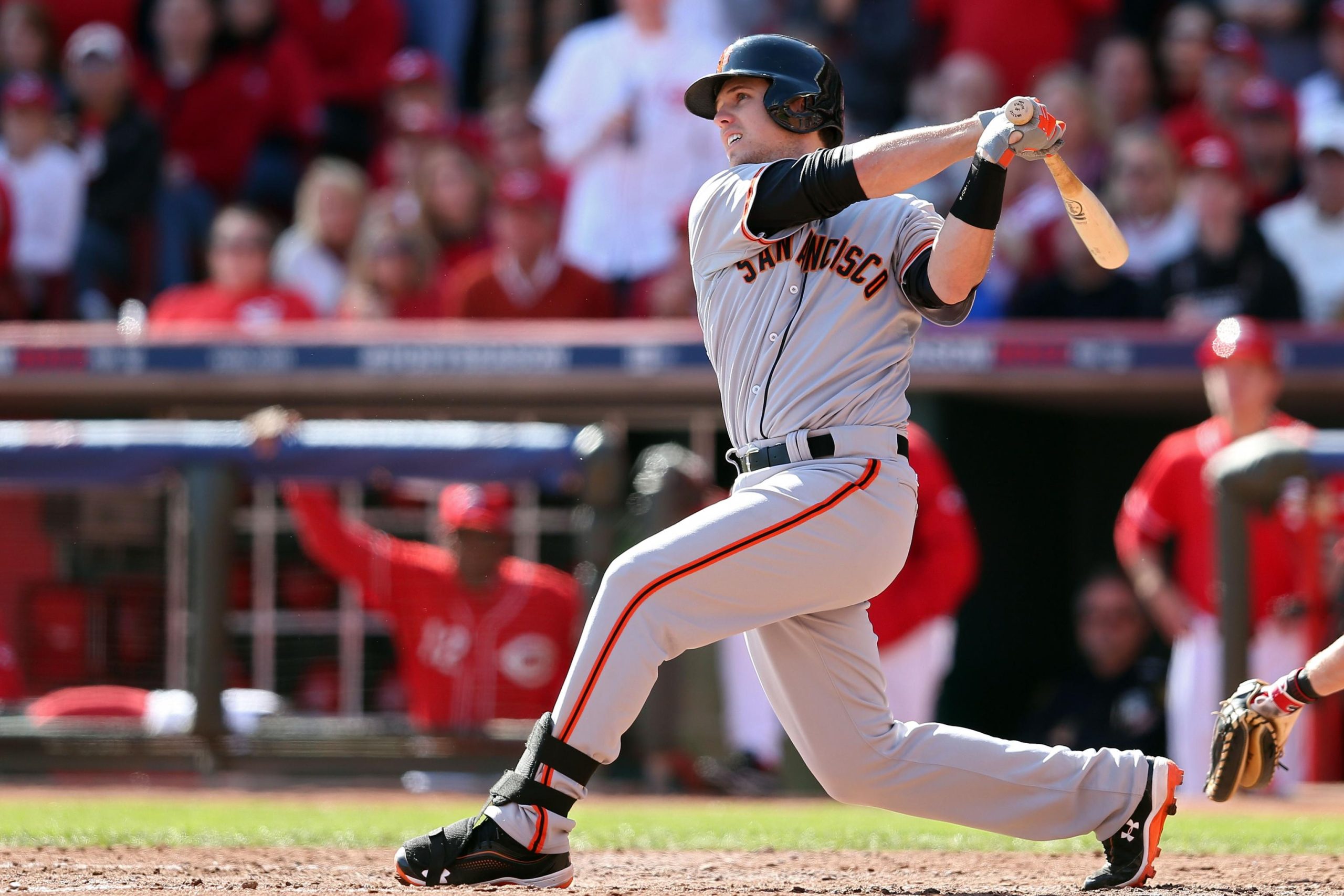
The narrative of an MVP often follows a familiar script—a tale of expected triumphs, where celebrated athletes add yet another accolade to their storied careers. However, the stories of the most unexpected MVPs in sports history provide a unique and compelling divergence from this norm. These athletes, whose journeys to the pinnacle of their sports were fraught with challenges, doubts, and often a lack of recognition, remind us of the inherent unpredictability and drama that make sports so captivating.
The cases of Kurt Warner, Derrick Rose, Ichiro Suzuki, Wes Unseld, Joe Thornton, Dirk Nowitzki, Jimmy Rollins, Steve Nash, Cam Newton, and Buster Posey offer more than just tales of personal achievement. They serve as profound lessons in resilience, adaptability, and the relentless pursuit of excellence. Each athlete’s journey to MVP status challenged preconceived notions about what is possible, broadening the parameters of success in their respective sports.
Kurt Warner’s rise from a grocery store clerk to NFL MVP underscores the potential that lies in perseverance and seizing opportunities. His story is particularly inspirational because it speaks to the quintessential American dream—the idea that dedication and hard work can lead to extraordinary success, regardless of one’s starting point.
Similarly, Derrick Rose’s early career explosion challenges our expectations of youth and experience in professional sports. Winning the NBA MVP at the tender age of 22, Rose demonstrated that age is but a number, and that talent, when combined with determination, can lead to meteoric rises at any stage of a career.
Ichiro Suzuki’s transition from Japan’s NPB to the MLB and his immediate success challenged the skepticism often directed at athletes competing in different environments or under different rules. His ability to adapt and excel reinforced the global nature of sport, where talent knows no boundaries and can transcend cultural and geographic divides.
In the NBA, Wes Unseld’s impact as a rookie reshaped the potential expectations from first-year players, showcasing that leadership and a transformative presence on the court can come from even the newest members of a team. This not only influenced how rookies are viewed but also how teams assess and value young talent.
Joe Thornton’s mid-season transition from the Boston Bruins to the San Jose Sharks and his subsequent MVP win highlight the profound impact a change of scenery can have on an athlete’s performance. It is a testament to the idea that sometimes, a fresh start is all that is required to unlock an athlete’s full potential.
Dirk Nowitzki’s MVP award brought to light the changing dynamics of the NBA, where international players could not only compete but dominate, paving the way for future stars from across the globe. His success is a beacon for the international basketball community, proving that the path to greatness is not confined to any single continent.
Jimmy Rollins and Buster Posey, each with their stories of overcoming different types of adversity—whether it be the weight of expectations or physical injury—illustrate the sheer range of challenges athletes might face on their way to MVP honors. Their stories promote a narrative of resilience and an unyielding spirit.
Steve Nash and Cam Newton, each transformative in their roles, challenged traditional archetypes of their positions. Nash’s cerebral approach to basketball and Newton’s dual-threat capabilities forced a reevaluation of what successful leadership looks like in team sports.
Together, these narratives not only enrich the sports they represent but also offer valuable life lessons. They teach us about the importance of grit, the impact of adaptability, the benefits of a supportive environment, and the profound influence of self-belief. The stories of these unexpected MVPs encourage us not to underestimate the underdog or write off the untested. In sports, as in life, the potential for greatness can often be hidden, requiring only the right moment or circumstance to be revealed. These athletes’ journeys inspire fans and aspiring sportsmen and women alike, reinforcing the timeless adage that anything is possible for those who dare to dream big and work hard.









